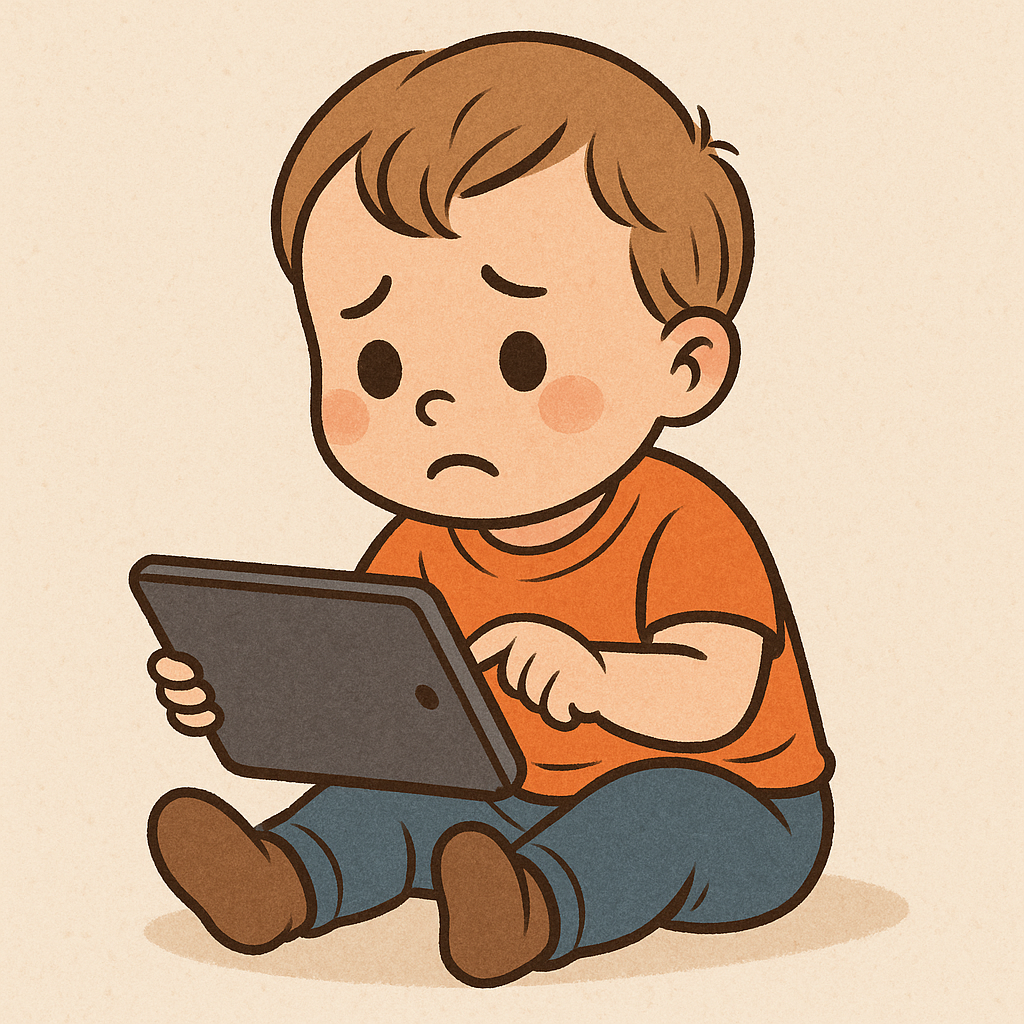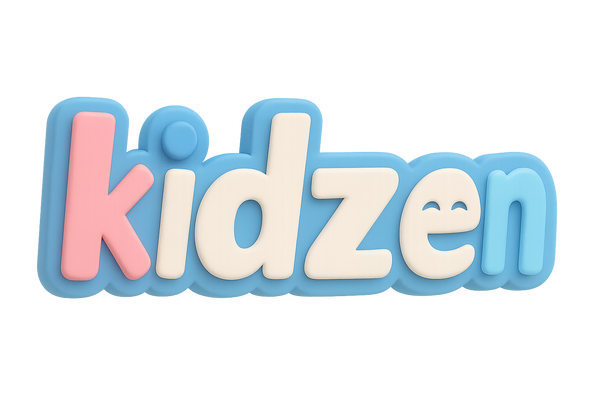
Why Early Tablet Use May Be Harmful for Young Children: Insights from Research
Share
In today's digital age, tablets and smartphones are ubiquitous, and their use among young children is increasingly common. While these devices offer educational content and entertainment, emerging research suggests that early and excessive tablet use may have adverse effects on children's development. This article delves into the potential drawbacks of early tablet exposure, supported by recent scientific studies.
🧠 Cognitive and Language Development
Delayed Communication Skills: A study published in JAMA Pediatrics found that children aged 1 who were exposed to screen time were at a higher risk of developmental delays in communication and problem-solving skills by age 2. Those with four or more hours of screen time had even more significant delays, impacting personal, social milestones, and fine motor skills.
Reduced Language Acquisition: Excessive screen time can impede language development by limiting face-to-face interactions. The Canadian Paediatric Society notes that screen time at age 2 was negatively associated with the development of executive function, which affects social learning and skills.
😠 Emotional Regulation and Behavioral Issues
Increased Tantrums: Research from the Université de Sherbrooke in Canada indicates that toddlers who frequently use tablets at age three have more tantrums by age four, suggesting that using screens to calm children may worsen their emotional regulation.
Cycle of Dependency: The same study highlights a cycle where increased tablet use leads to heightened anger and frustration, prompting further device use to pacify tantrums, thereby reinforcing the behavior.
👁️ Attention and Executive Function
Impaired Attention Span: A study published in Scientific Reports found that increased distractibility of children during tablet use has been observed in developmental studies focusing on language acquisition and learning using digital media devices.
Executive Function Challenges: The Canadian Paediatric Society reports that screen time at age 2 was negatively associated with the development of executive function, which affects social learning and skills.
👨👩👧 Social Interaction and Play
Reduced Joint Attention: A study highlighted by News-Medical.net indicates that tablet play among toddlers causes a loss of joint attention compared to real toy play. This reduction in shared focus can hinder social-communicative interactions.
Displacement of Real-World Experiences: Excessive screen time may inhibit a child's ability to observe and experience typical everyday activities, leading to a kind of "tunnel vision," which can be detrimental to overall development.
📊 Recommendations for Parents
-
Limit Screen Time: The American Academy of Pediatrics recommends that children aged 2 to 5 should have no more than one hour of high-quality screen time per day.
-
Encourage Interactive Play: Prioritize activities that involve physical movement, creativity, and social interaction to support holistic development.
-
Co-View and Discuss Content: When screen time is utilized, engage with your child during their viewing to enhance understanding and provide context.
